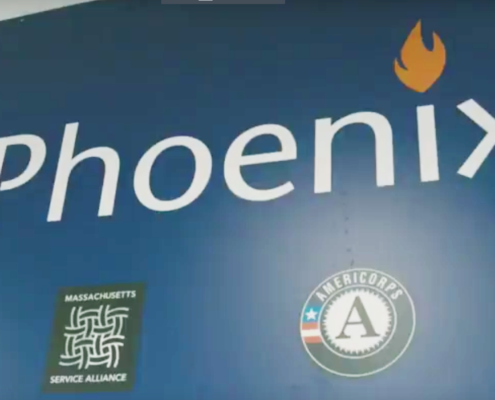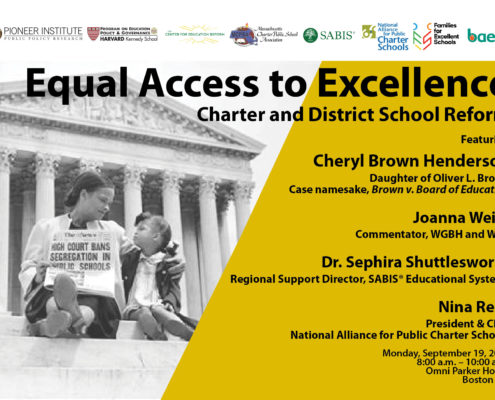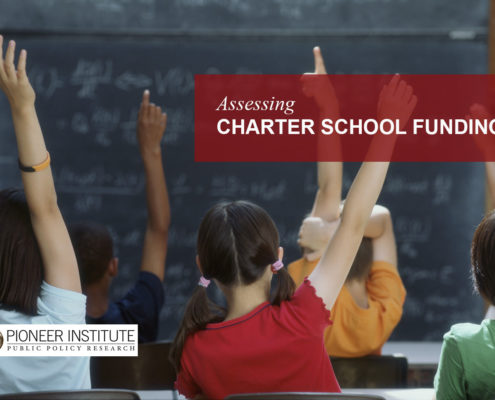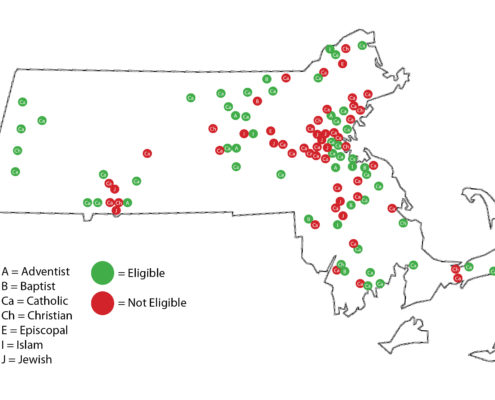Study Debunks False Claims Against Charter Public School Funding and Demographics
Charter schools in Massachusetts educating more special needs students with equal or lower attrition rates and better outcomes
BOSTON – Massachusetts charter public schools do not drain resources from district schools, they outperform the school districts from which their students come, and have attrition rates that are lower than or equal to those districts, according to a new study published by Pioneer Institute.
The study refutes false claims that charter public schools educate dramatically fewer special needs students and that those students leave charters at a higher rate.
“Charters are now educating nearly the same percentage of English language learners (ELLs) and special education students as the sending districts,” said Dr. Cara Stillings Candal, author of “Best Practices in Massachusetts Charter Schools: What We Know Now.” “Those students also outperform and have lower attrition rates than their district peers.”
Charter public schools are included within the commonwealth’s K-12 public education funding formula, known as Chapter 70, to protect them from being subject to annual budget cuts. State funding flows to the school district, which then pays tuition for students who choose to attend a charter.
School districts receive 100 percent reimbursement from the commonwealth the first year after a student leaves and 25 percent reimbursement for each of the next five years. However, the reimbursements are not part of the Chapter 70 formula and have sometimes not been fully funded.
Some say the commonwealth should pay charter tuition, but for students who come from low-income “foundation districts,” which account for half of all Massachusetts charter school students, that is essentially already the case. In those districts, state foundation aid and reimbursements are roughly equal to charter tuition.
“Fiscal problems are often blamed on charter schools, but they are really the result of districts’ failure to ‘right size,’” said Pioneer Executive Director Jim Stergios. “When a school district fails to adjust to declining enrollment, it says more about the district’s inability to change than the impact of charters.”
Statewide, charter public school attrition is declining, and even though the schools are disproportionately located in urban areas, they approach statewide averages. Boston charters also have lower attrition rates than the Boston Public Schools.
The same is true for ELL and special education students. Massachusetts charter public schools used to enroll these students at significantly lower rates than their district counterparts, largely because it was difficult for charters to recruit them.
That changed when a 2010 state law required districts to share mailing lists with charter public schools and required charters to provide the commonwealth with detailed recruitment and retention plans. By 2012, ELL enrollment more than tripled in Boston charters and the increase in special education enrollment was even more dramatic.
Those charter public school students also outperform their district counterparts. In Springfield, a slightly higher percentage of charter students with special needs score Advanced or Proficient than do their district counterparts. In Boston, the percentage is more than double the district rate.
Among Dr. Candal’s recommendations is a call for policy makers to provide districts with the tools they need to right size when enrollments decline.
About the Author
Cara Stillings Candal is an education researcher and writer. She is a senior consultant for research and curriculum at the National Academy of Advanced Teacher Education and a senior fellow at Pioneer Institute. She was formerly research assistant professor and lecturer at the Boston University School of Education. Candal holds a B.A. in English literature from Indiana University at Bloomington, an M.A. in social science from the University of Chicago, and a doctorate in education policy from Boston University.
About Pioneer
Pioneer Institute is an independent, non-partisan, privately funded research organization that seeks to improve the quality of life in Massachusetts through civic discourse and intellectually rigorous, data-driven public policy solutions based on free market principles, individual liberty and responsibility, and the ideal of effective, limited and accountable government.





















